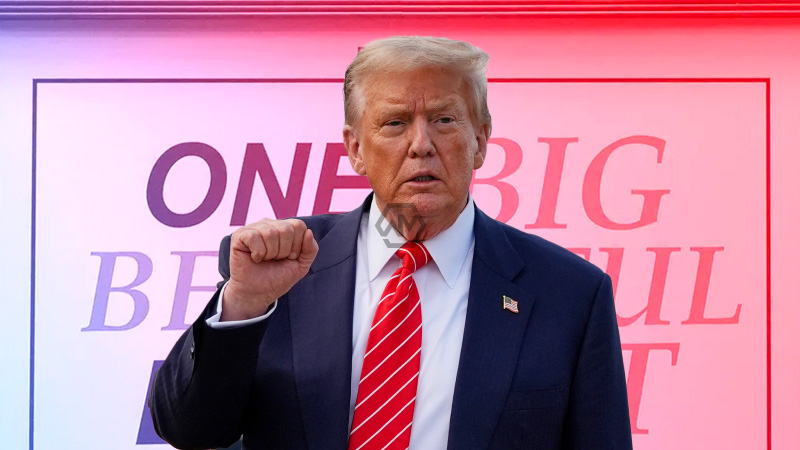- Trump’s sweeping megabill threatens Medicaid and food aid access in Nevada, a swing state with limited revenue tools.
- Key 2026 races in Nevada could hinge on the bill’s effects on workers, tipped employees, and the gaming industry.
- Democrats must reshape their messaging to reconnect with working-class voters by prioritizing economic stability over ideological appeals.
Nevada, a state with no income tax and a fragile budget structure, is poised to feel the harshest effects of President Trump’s megabill. With nearly a third of its population reliant on Medicaid, the bill’s imposed work requirements and reimbursement limitations could leave thousands without coverage.
These legislative changes are landing as Nevada braces for fiercely contested elections. Governor Joe Lombardo, a Republican who has wavered in his support of the bill, faces a tough re-election in 2026, while swing congressional districts are already drawing national attention.
Tipping the Balance: Nevada Emerges as Flashpoint in Trump’s Economic Agenda
The megabill’s rollback of Medicaid coverage is particularly severe in Nevada due to its prior expansion under Republican Governor Brian Sandoval. Without the ability to raise new revenue easily, the state legislature faces a near-impossible task of covering the gaps, leaving tens of thousands vulnerable. The consequences go beyond healthcare—they signal a broader erosion of the social safety net in a low-revenue state.
The bill’s tax changes around tipped income and gambling are also uniquely disruptive to Nevada’s economy. Casino and hospitality workers, who form the backbone of the Las Vegas economy, may initially be drawn to Trump’s “no tax on tips” promise. However, the increased tax liability on gambling losses could backfire, reducing professional gambling activity and shrinking casino revenues—damaging the very industry that employs these workers.
Democrats like State Assembly Speaker Steve Yeager are using this moment to mobilize opposition by highlighting tangible threats to livelihoods rather than abstract ideological battles. Their challenge lies in rebranding themselves as the party of kitchen-table economics: stable jobs, affordable healthcare, and fair taxation. That pivot is crucial in a state where many voters, especially those without college degrees, feel neglected by both parties.
Strategists argue that Democrats should amplify working-class frustrations over rent hikes, food prices, and broken promises rather than leaning solely on elite policy concerns like climate change or identity rights. By framing Trump’s economic policies as direct assaults on stability and self-sufficiency, Democrats can tap into patriotic, masculine, and small-business values that resonate deeply with Nevada’s non-college electorate.
Nevada’s reaction to Trump’s megabill could define its political destiny for years. For Democrats, it’s not just about resisting policy—it’s about finally learning to speak voters’ economic language.
“People don’t vote based on facts—they vote based on how policies make them feel about their future.” — Joan C. Williams



